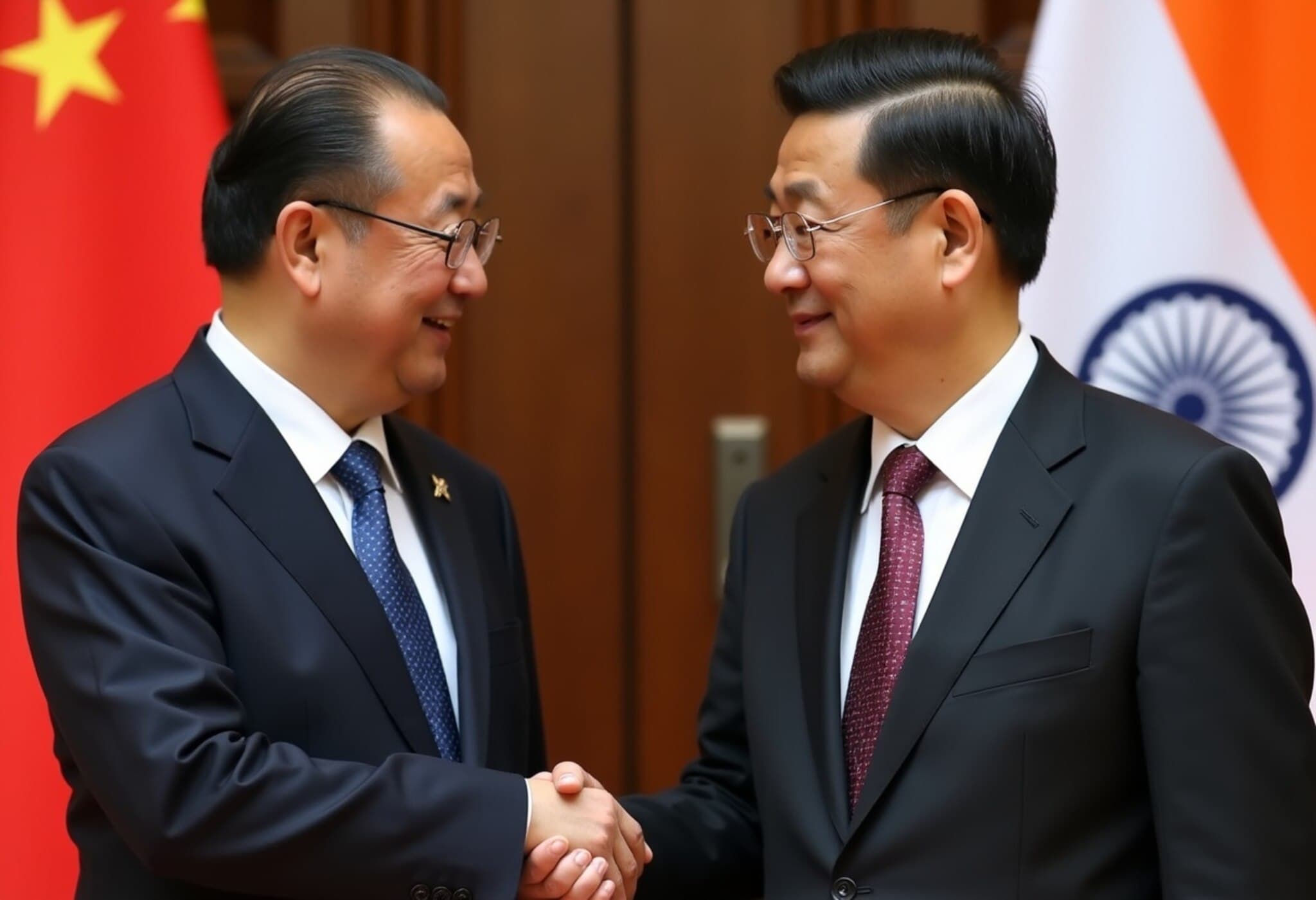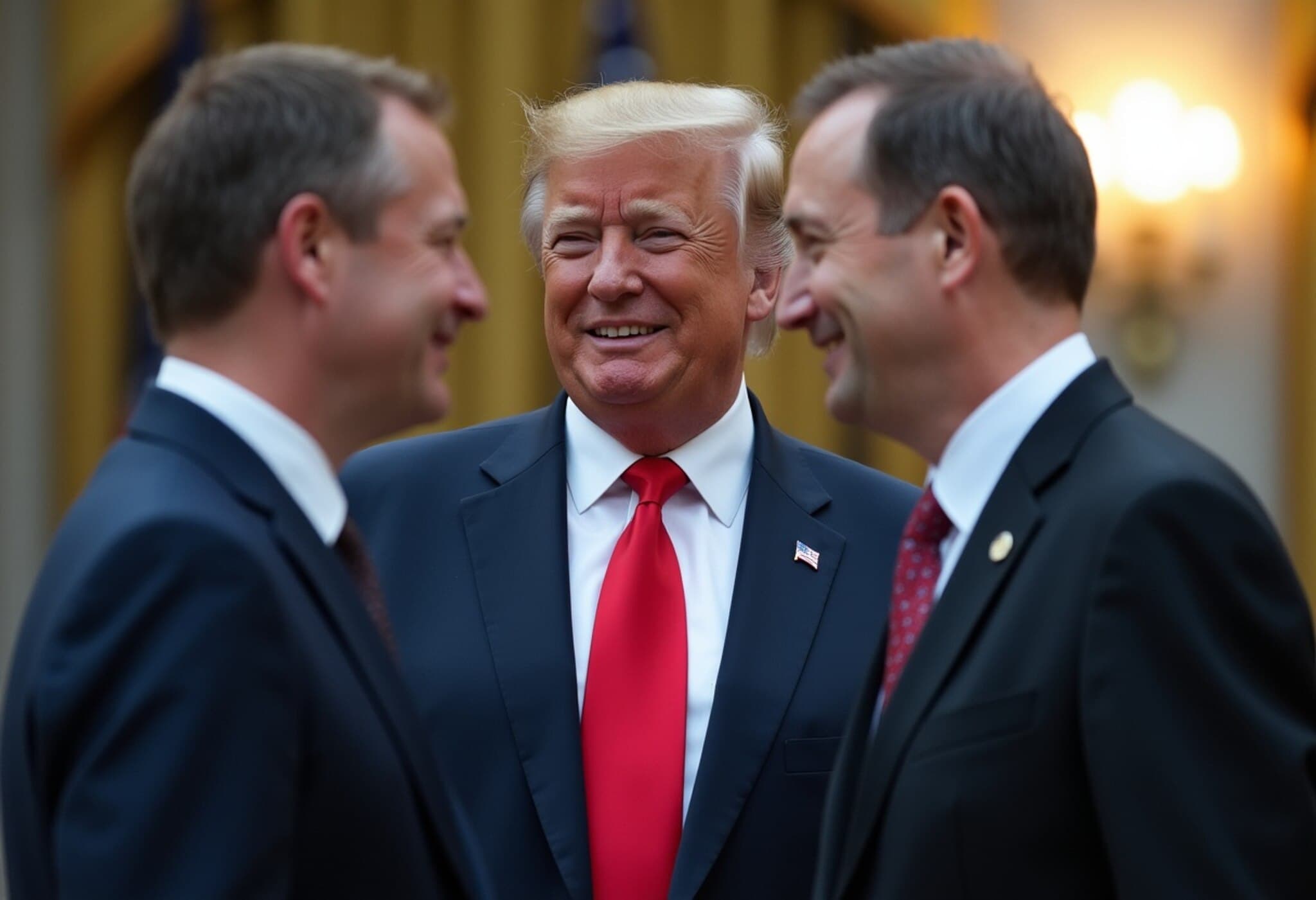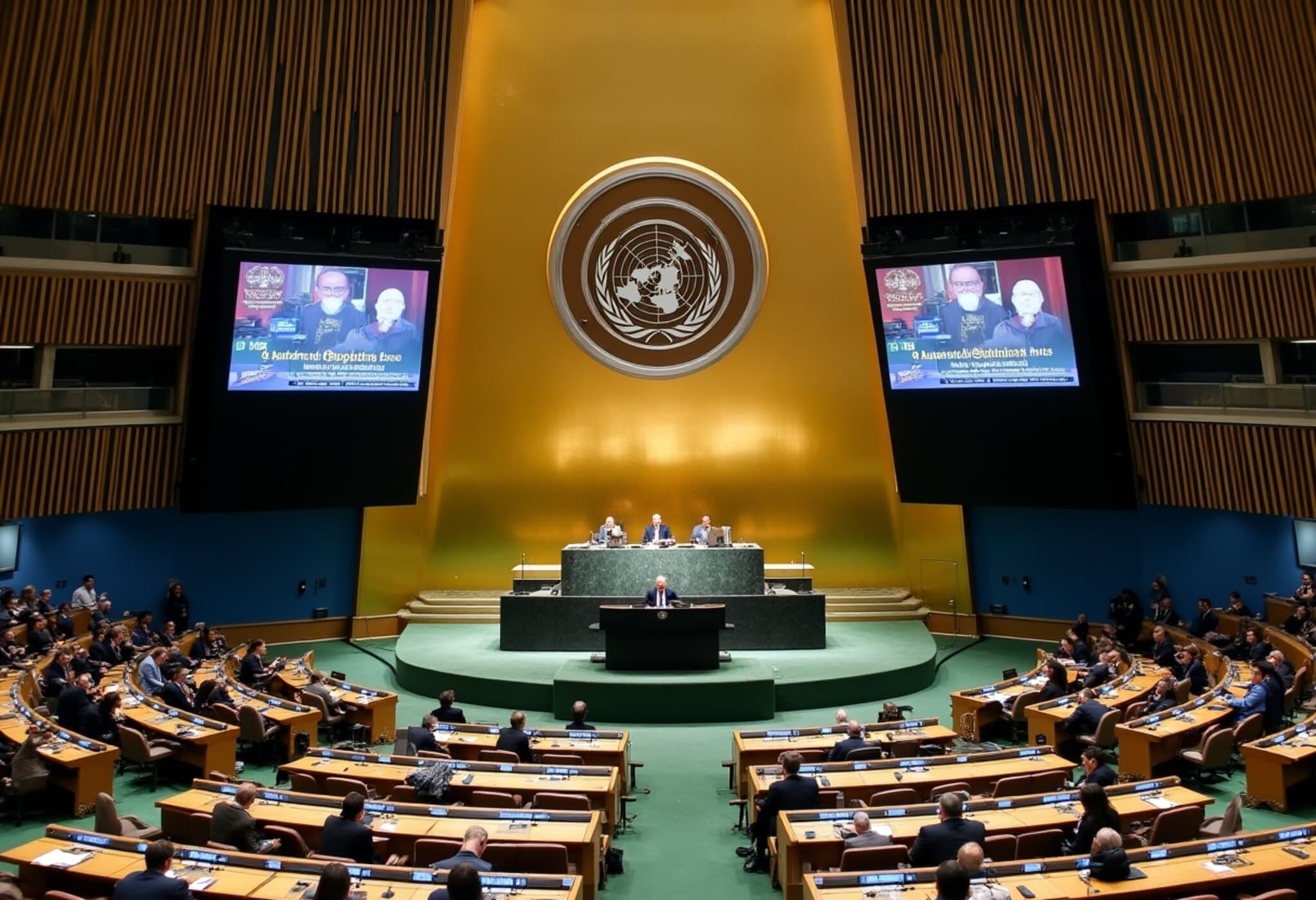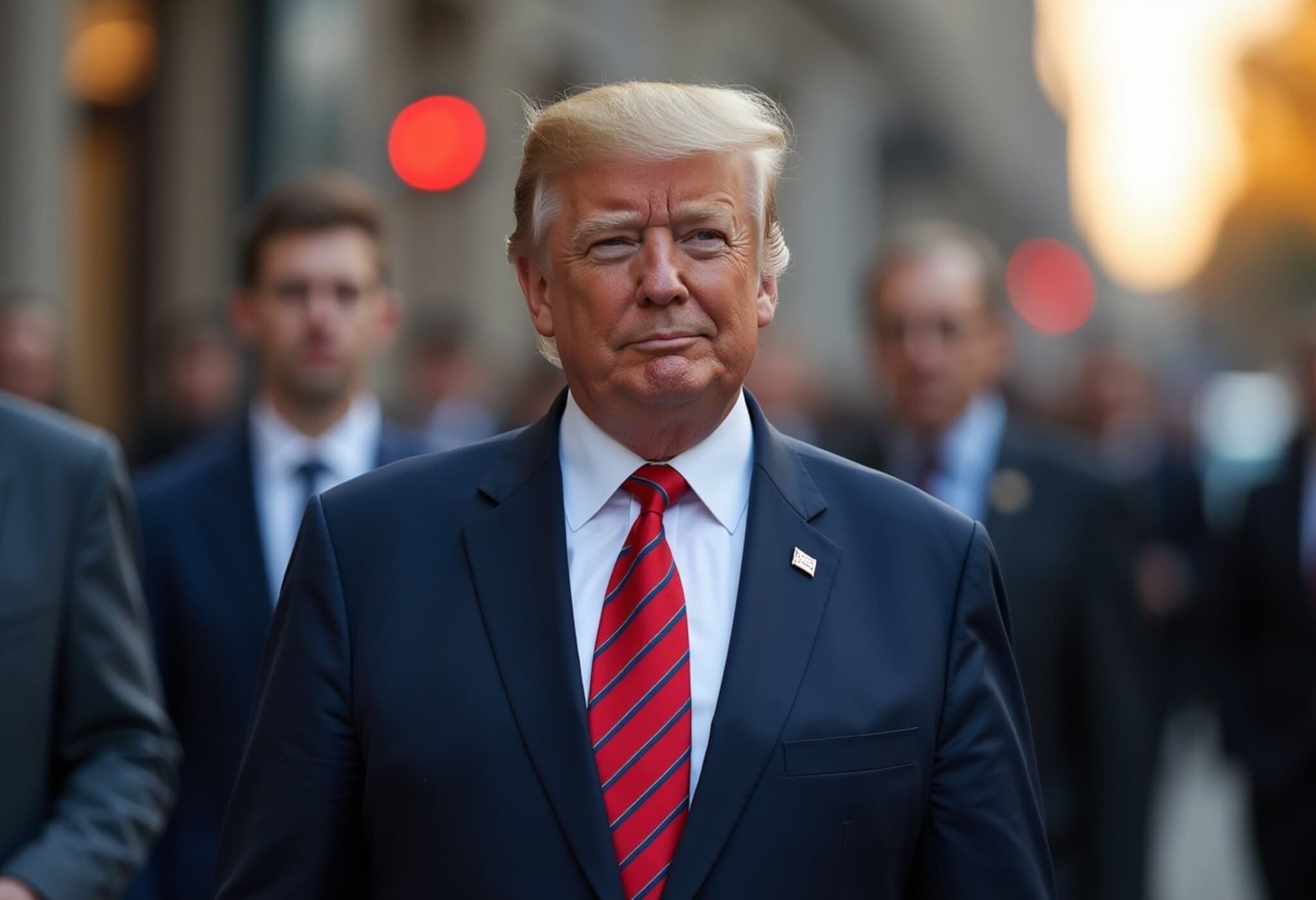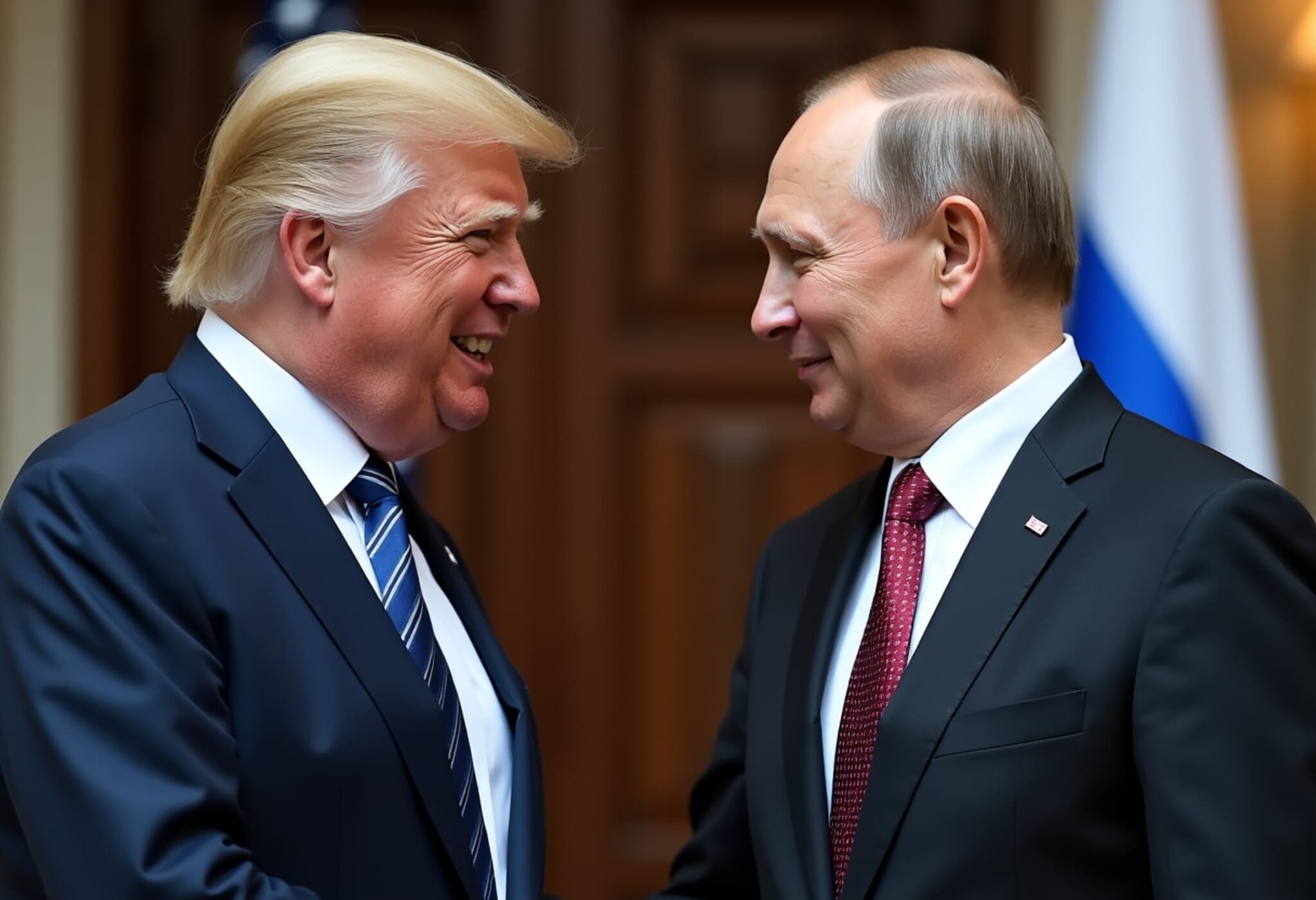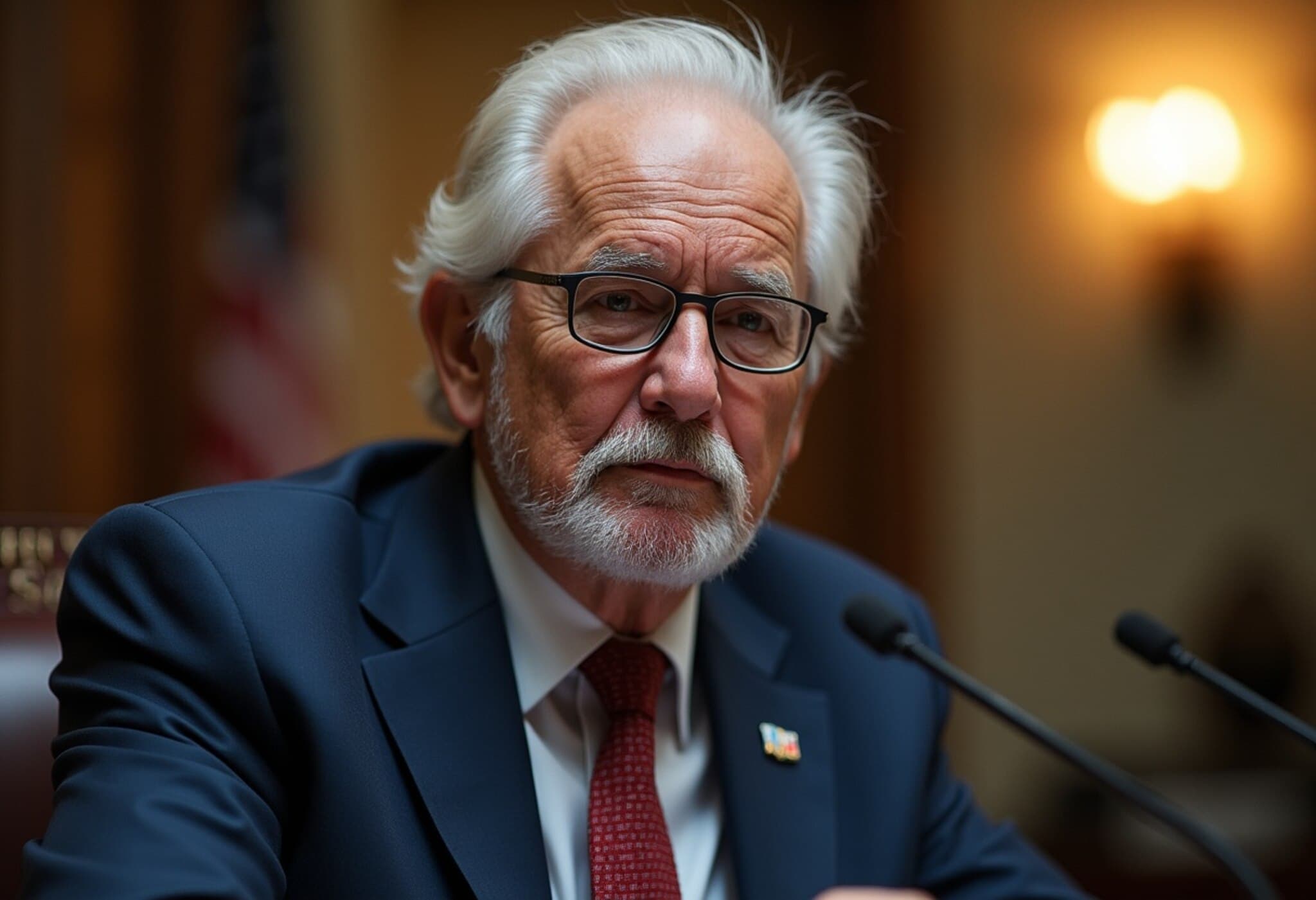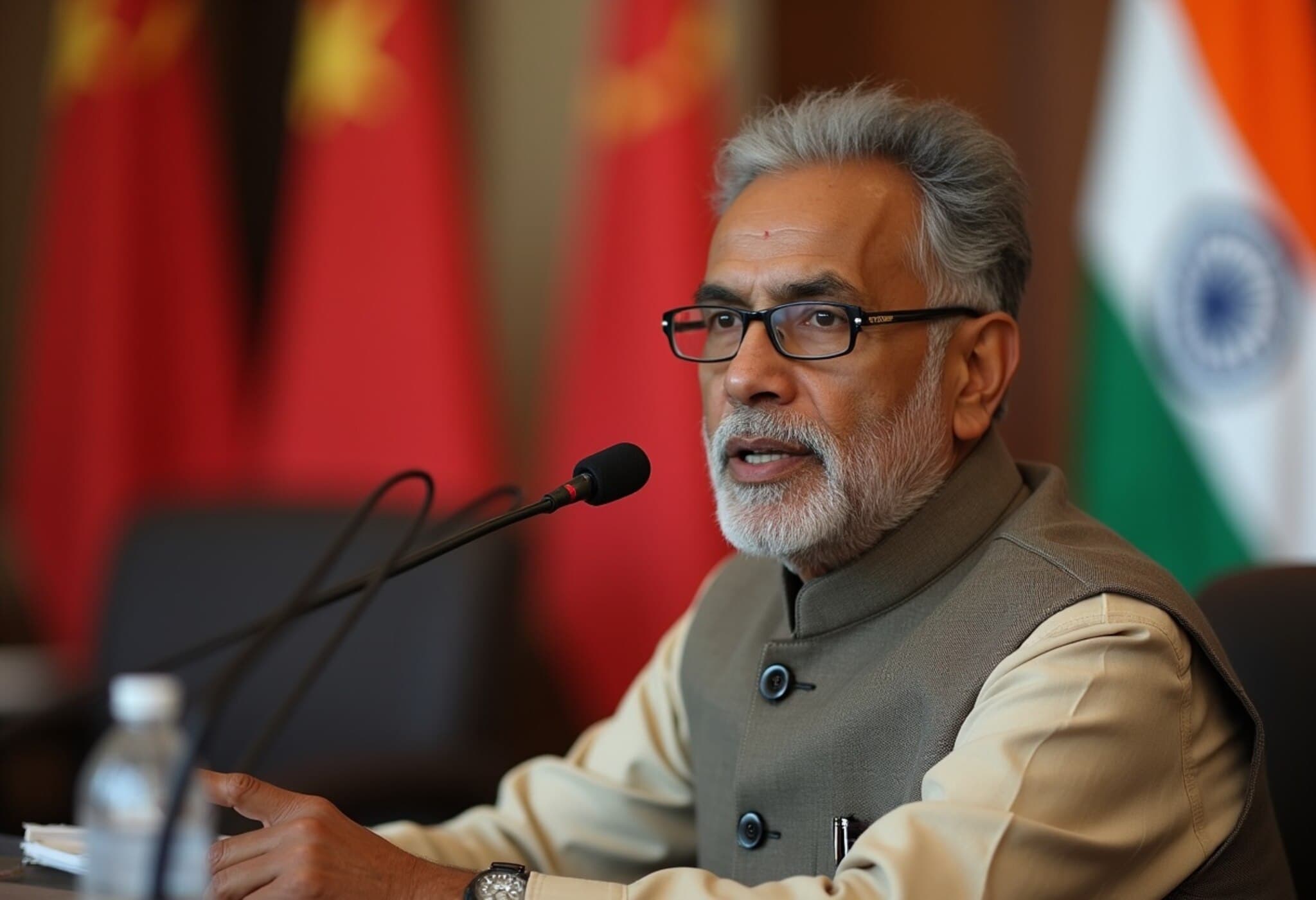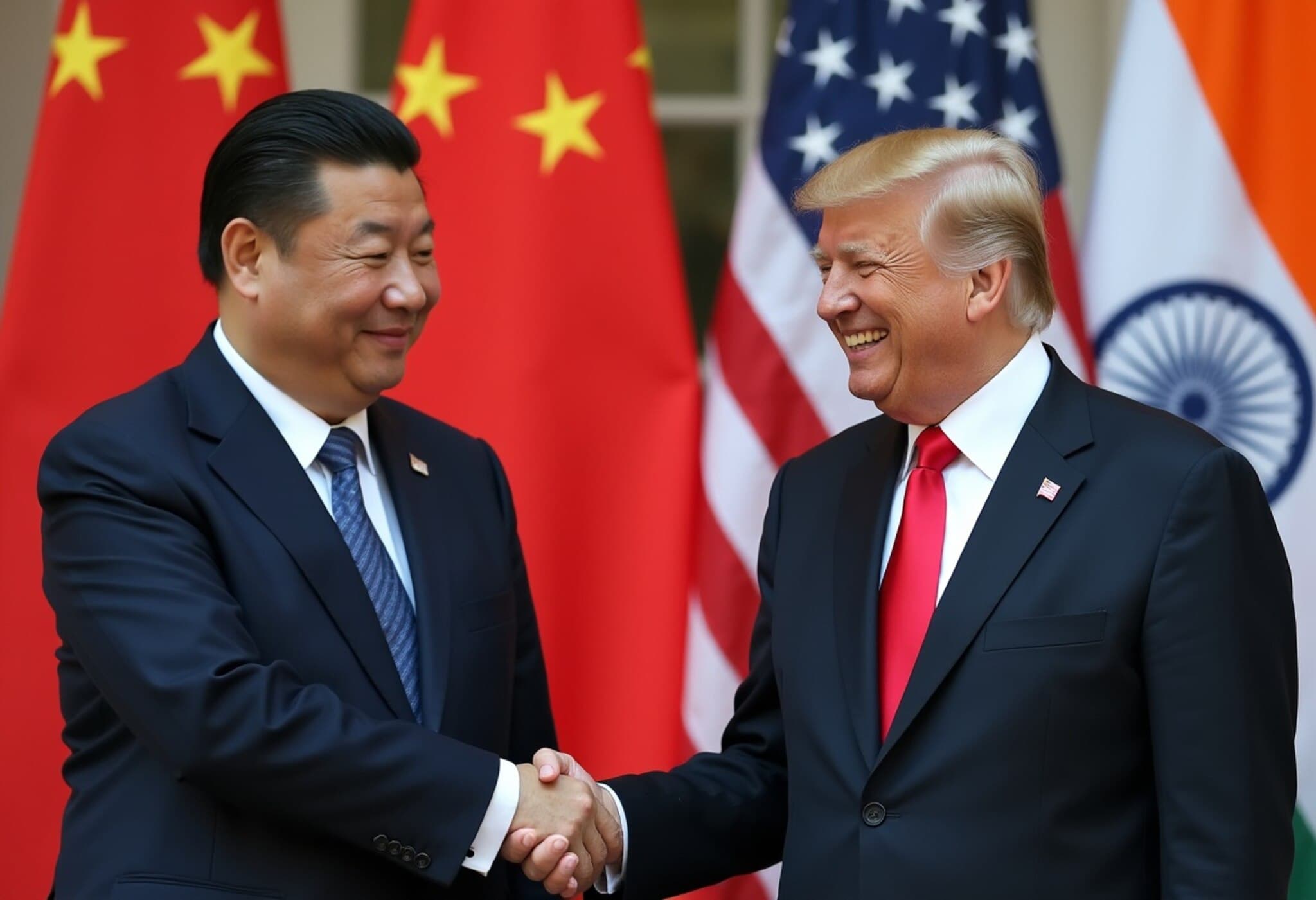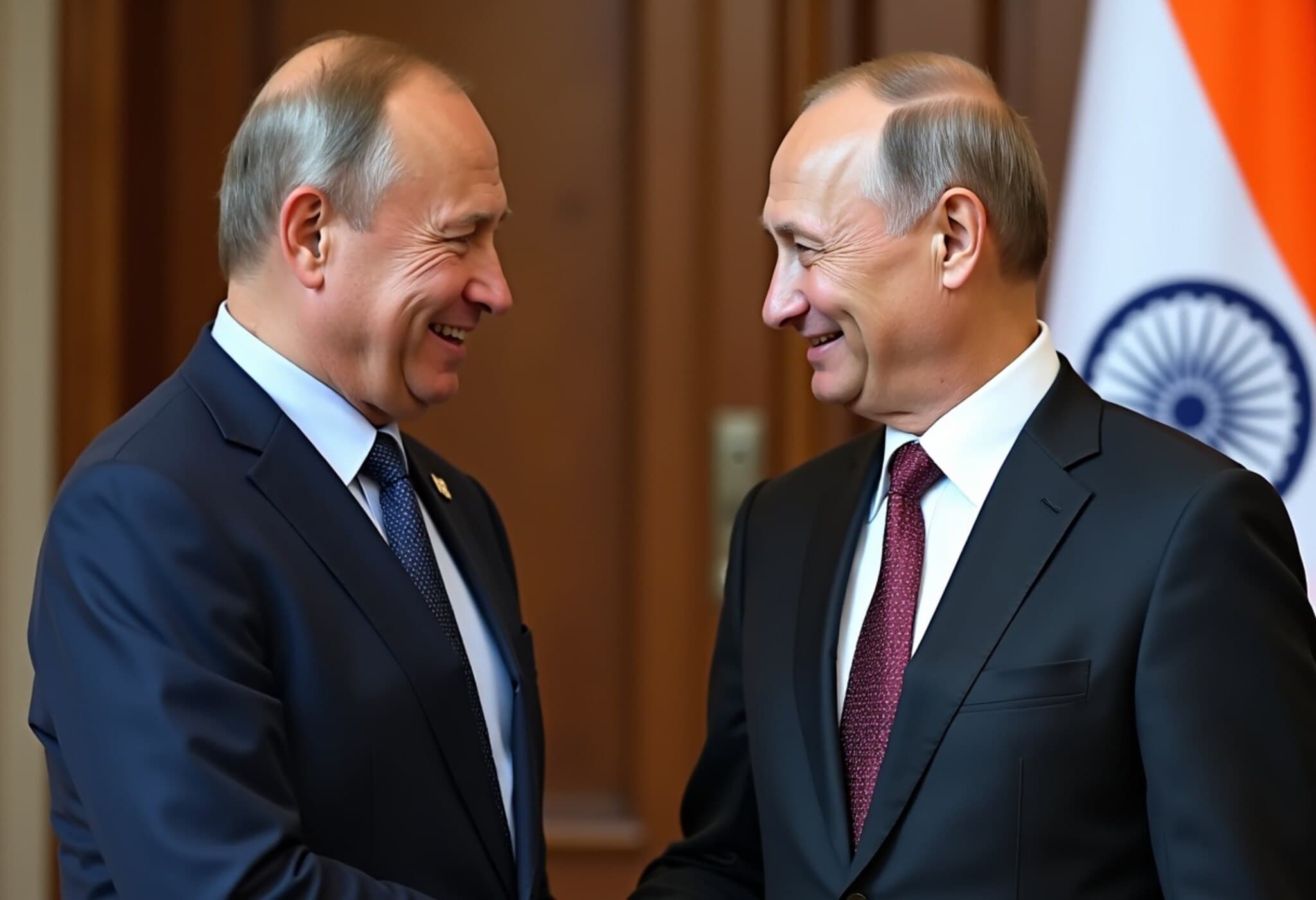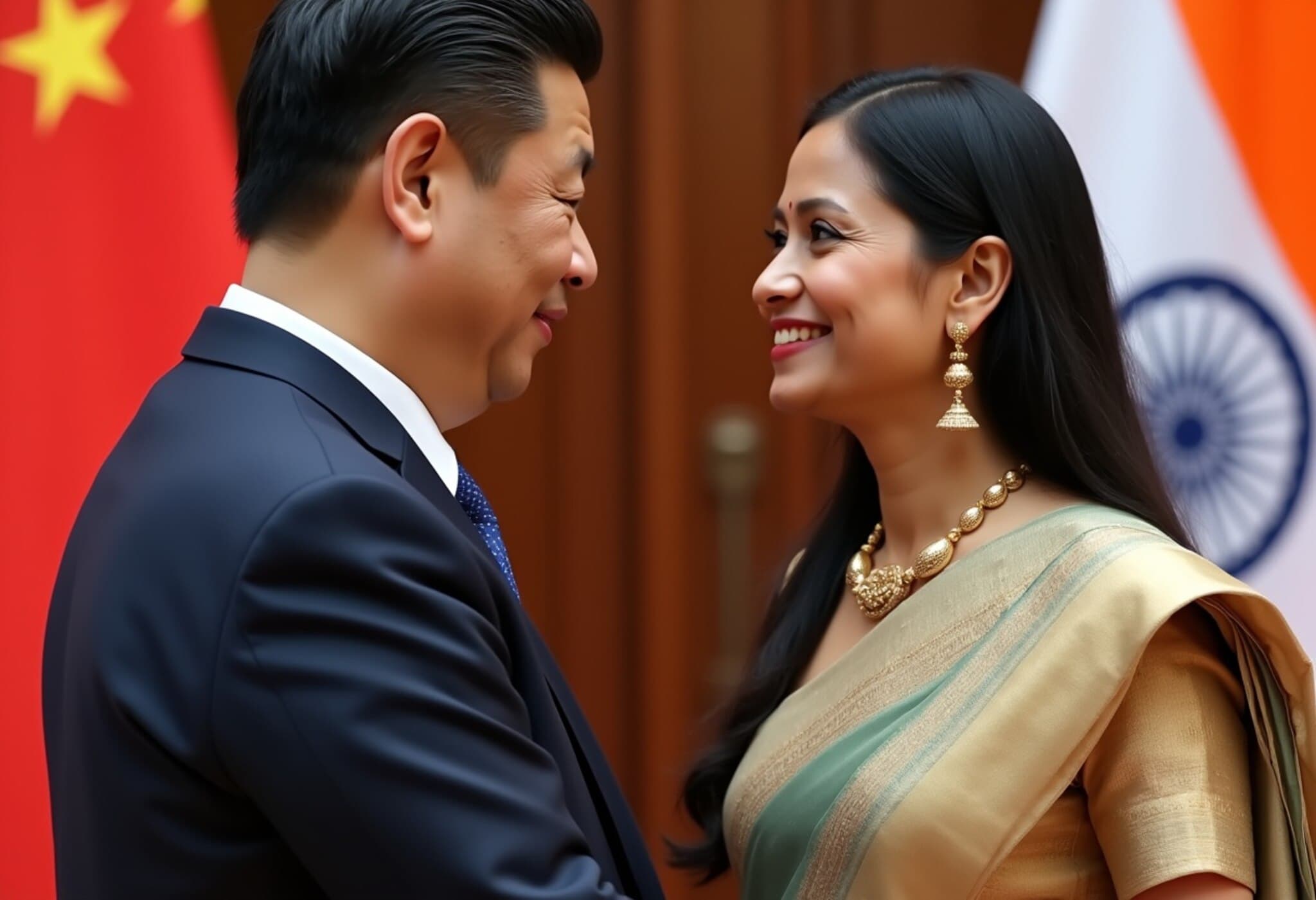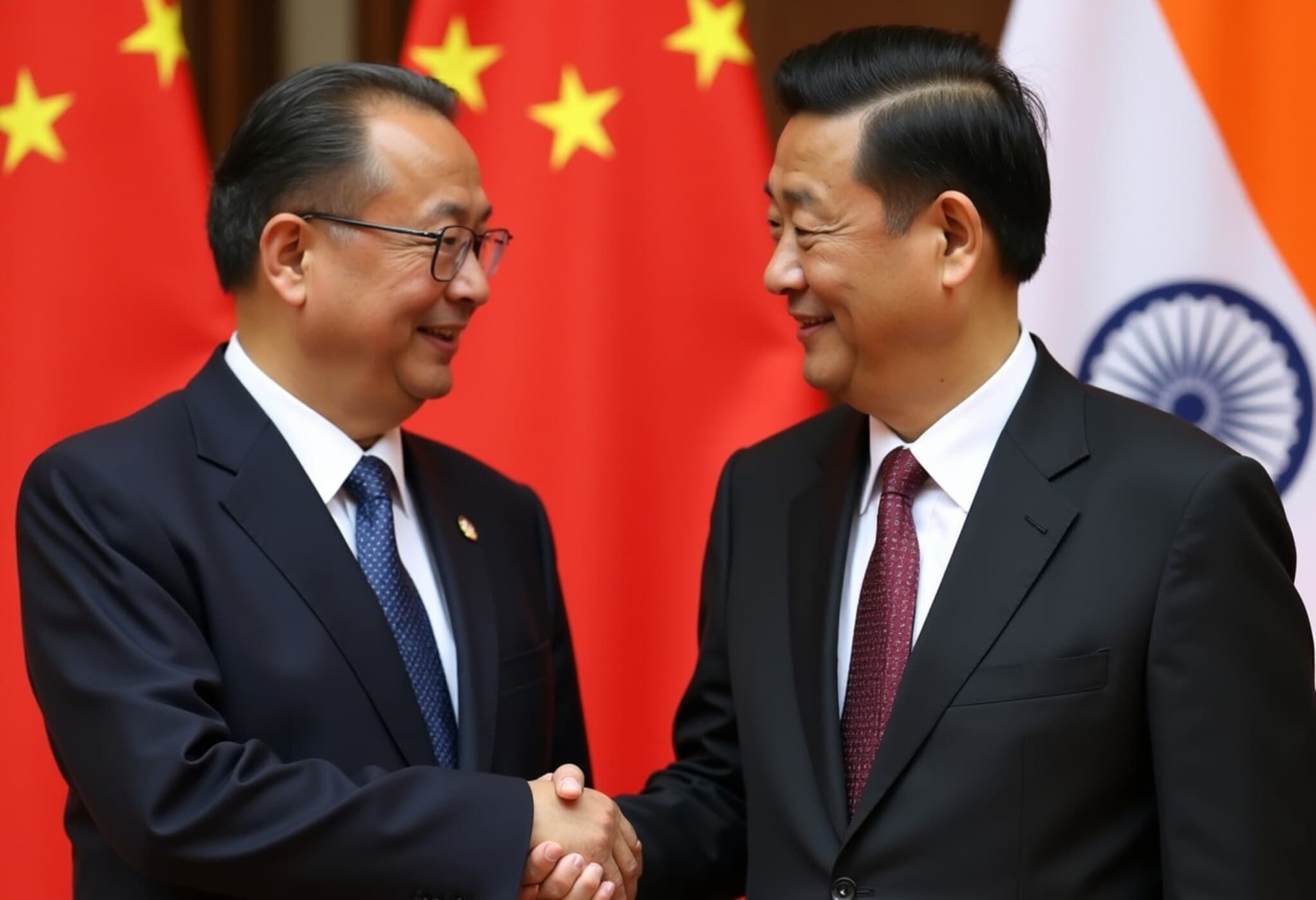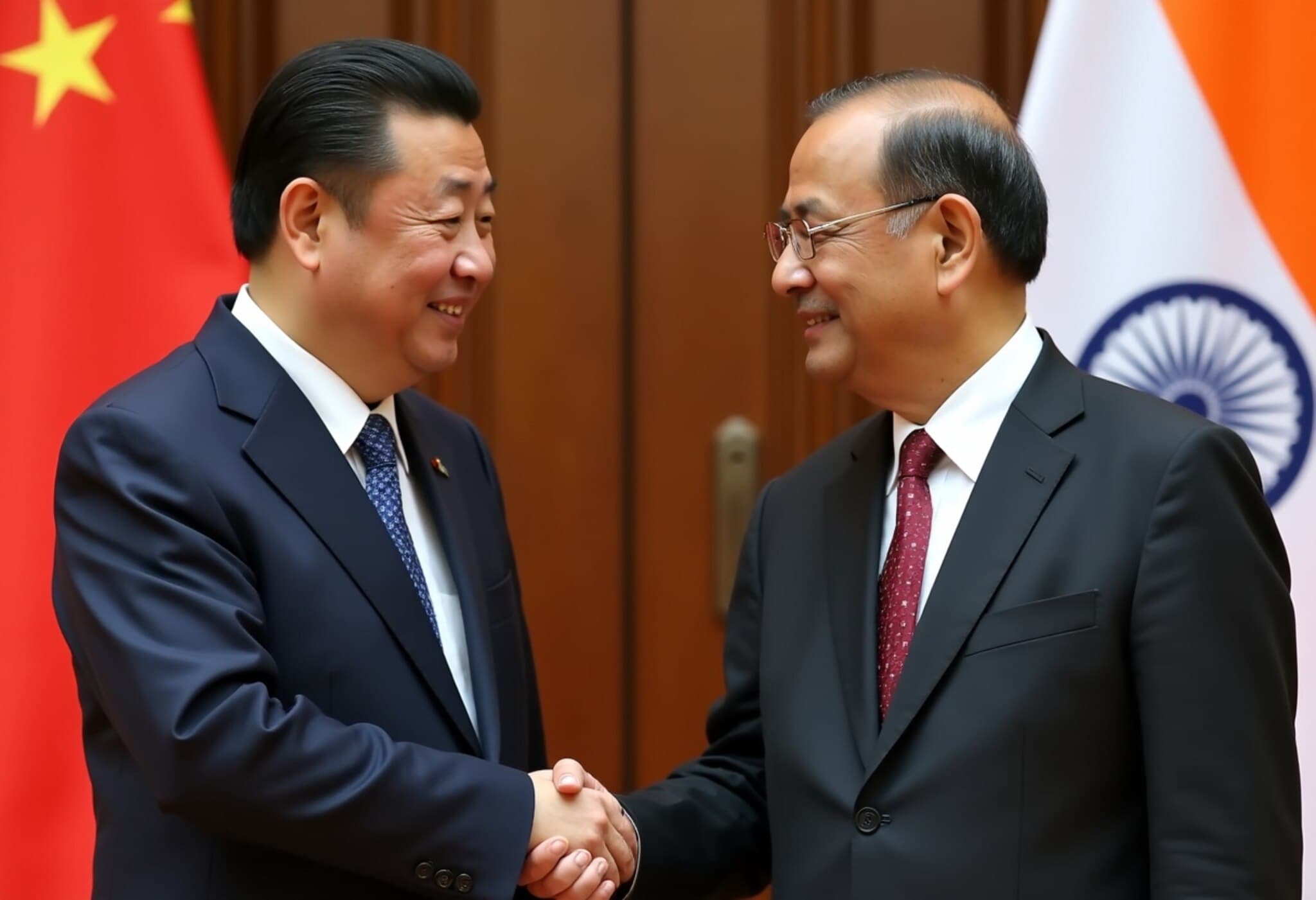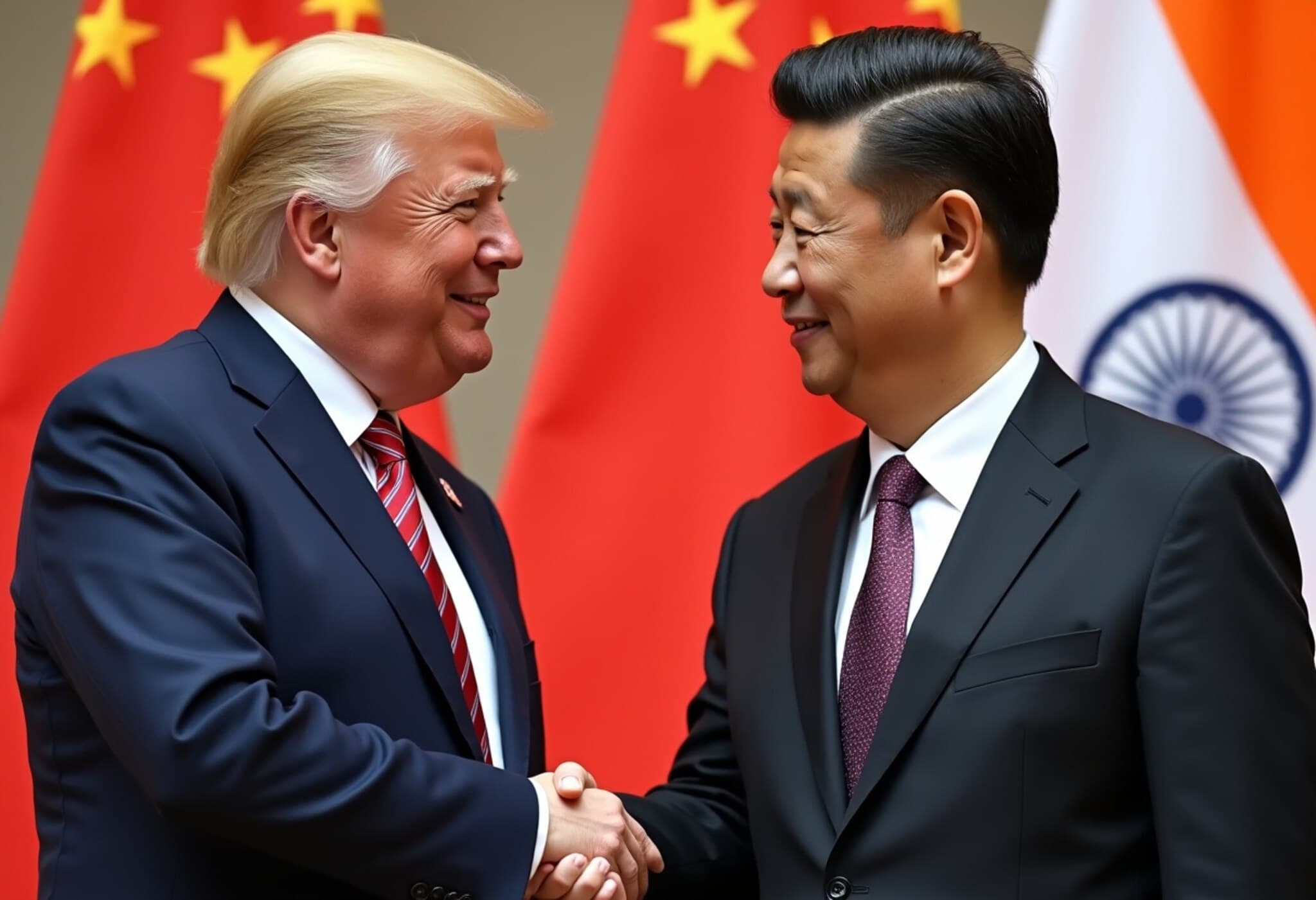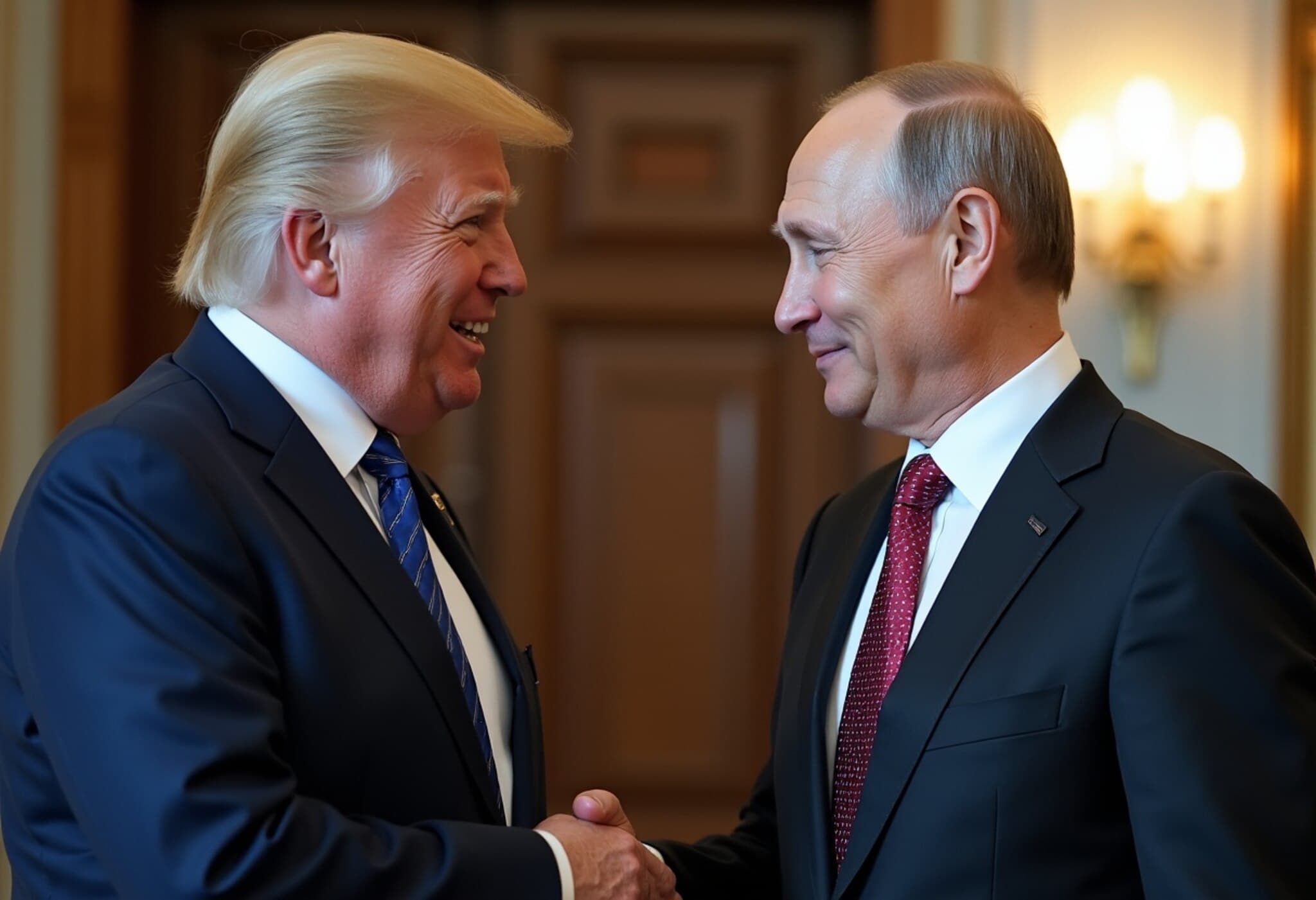Chinese Foreign Minister Wang Yi's Strategic Visit to India: Aug 18-19, 2025
In a significant development amid ongoing efforts to stabilize bilateral ties, Chinese Foreign Minister Wang Yi is scheduled to visit India on August 18-19, 2025. This visit marks a pivotal moment in the delicate India-China relationship, especially as both nations cautiously navigate the complex boundary issues that have strained ties for years.
Purpose and Agenda: Special Representatives’ Boundary Talks
During his brief but crucial one-day visit to New Delhi, Wang Yi will meet with India’s National Security Advisor, Ajit Doval, to conduct the 24th round of the Special Representatives’ (SR) Talks focused on the longstanding India-China border dispute. This dialogue is a continuation of multiple rounds aimed at resolving territorial disagreements along the Himalayas, which have sparked tensions including the deadly Galwan Valley incident in 2020.
Additionally, Wang Yi is slated to meet with India’s External Affairs Minister, S. Jaishankar, underscoring the high-level diplomatic engagement aimed at broadening cooperation beyond border issues.
Context: A Fragile Thaw in India-China Relations
This visit comes on the heels of a cautiously optimistic phase in India-China relations following the October 2024 agreement on joint patrolling along selected border sectors. This step ended a five-year-long border stalemate that had severely impacted trade, investment, and air connectivity between the two Asian giants.
China’s Ministry of Foreign Affairs confirmed the visit, with Chinese Ambassador to India Xu Feihong highlighting Wang Yi’s dual role as Foreign Minister and the Chinese Special Representative on the boundary question, emphasizing the visit’s diplomatic sensitivity and strategic importance.
Regional and Global Implications
Wang Yi’s visit is also strategically timed ahead of India’s External Affairs Minister S. Jaishankar’s forthcoming trip to Moscow, as well as Prime Minister Narendra Modi’s planned attendance at the Shanghai Cooperation Organisation (SCO) Summit in China later this month—the first such visit since the 2020 border clashes.
Experts suggest that these engagements signal a multidimensional diplomatic strategy, balancing border security concerns with broader geopolitical realignments in Asia. Analysts point to a mutual interest in stabilizing ties to foster regional economic growth and counterbalance other geopolitical pressures in the Indo-Pacific.
Critical Questions Ahead
- Will the 24th round of SR talks produce concrete agreements or merely reiterate existing positions?
- How will this visit influence India’s stance towards China amid evolving strategic partnerships with the U.S. and other allies?
- Can enhanced diplomatic engagement translate into tangible improvements in trade, cross-border movement, and people-to-people ties?
Editor’s Note
While Wang Yi's visit symbolizes a step toward dialogue, it highlights the delicate dance of diplomacy in one of the world’s most complex bilateral relationships. The India-China boundary dispute is not just about geography; it's a test of trust, strategic patience, and regional influence. Observers should watch carefully whether this visit marks a genuine thaw or a temporary pause in a long saga of contestation.

